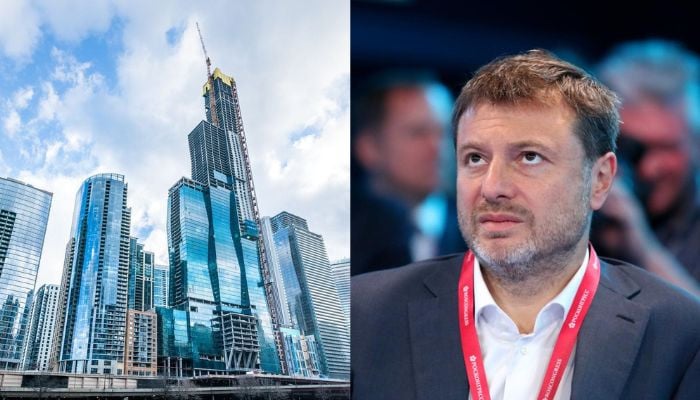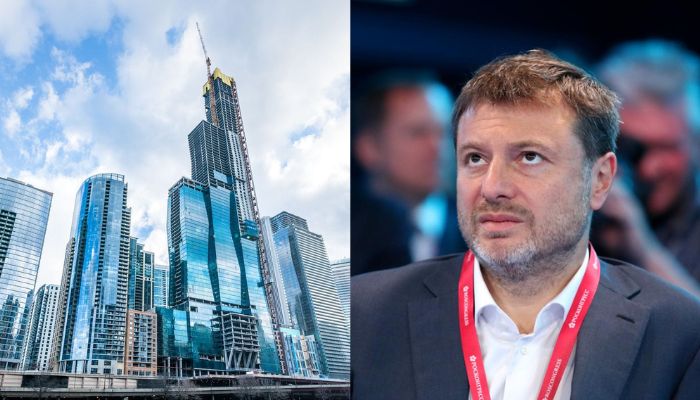
A Russian banker, Sergy Khotimskiy, invested over $37 million in Atlanta properties before moving them to his ex-wife just days before the U.S. government sanctioned him.
This maneuver shielded the assets from American authorities following Russia’s invasion of Ukraine.
A probe finds out that Khotimskiy, a co-owner of a Russian bank, Sovcombank, spent years to building metro Atlanta portfolio.
Through his businesses, he acquired a chain of establishments such as a pub in Virginia-Highland worth $4.7 million and a nightclub in Buckhead that had been owned by the NBA player Dennis Schroder.
However, in March 2022, the U.S. government blocked Khotimskiy, as well as other senior officials of Sovcombank, and their U.S. assets. But only 11 days prior to his name being added to the list, Khotimskiy sold his Atlanta real estate and a 6 million U.S. vacation home to his former wife, Elena Baskina.
This relocation rendered it a crime for American employees of businesses with Khotimskiy but not with Baskina, who is a legal resident of the U.S. This effectively shielded the properties against the sanctions program.
According to Baskina, the asset swap was a recalculated divorce settlement and was not carried out to conceal assets. She reported that she preferred her fortune to be located in the U.S.
The case highlights a signficant deficiency in U.S. sanctions enforcement: the inability to disclose ownership of real estate. States such as South Carolina and Georgia allow anonymous shell companies to own properties, making it easy to conceal ownership.
Gary Kalman of Transparency International U.S. also said that the absence of corporate transparency compromised the capability to proceed with such sanctions with seriousness.
This is a loophole that enables those with sanctions to defend their interests at expense of the United States foreign policy.




